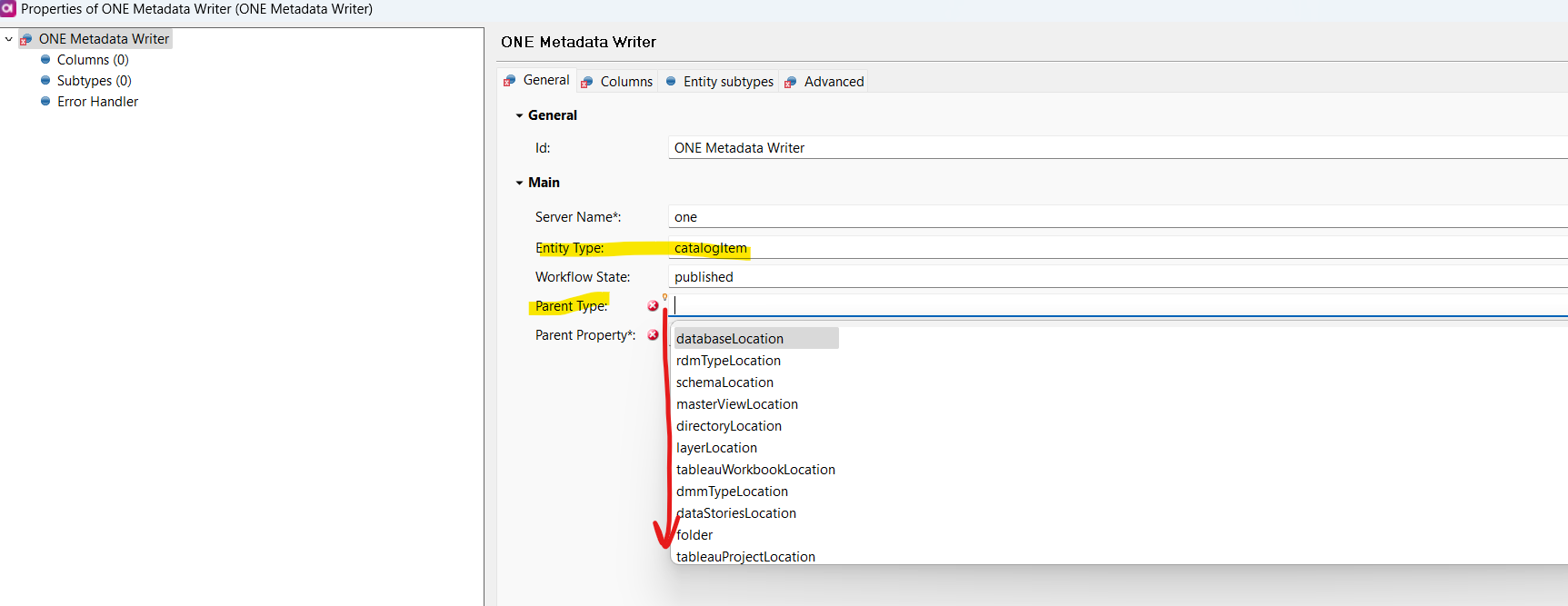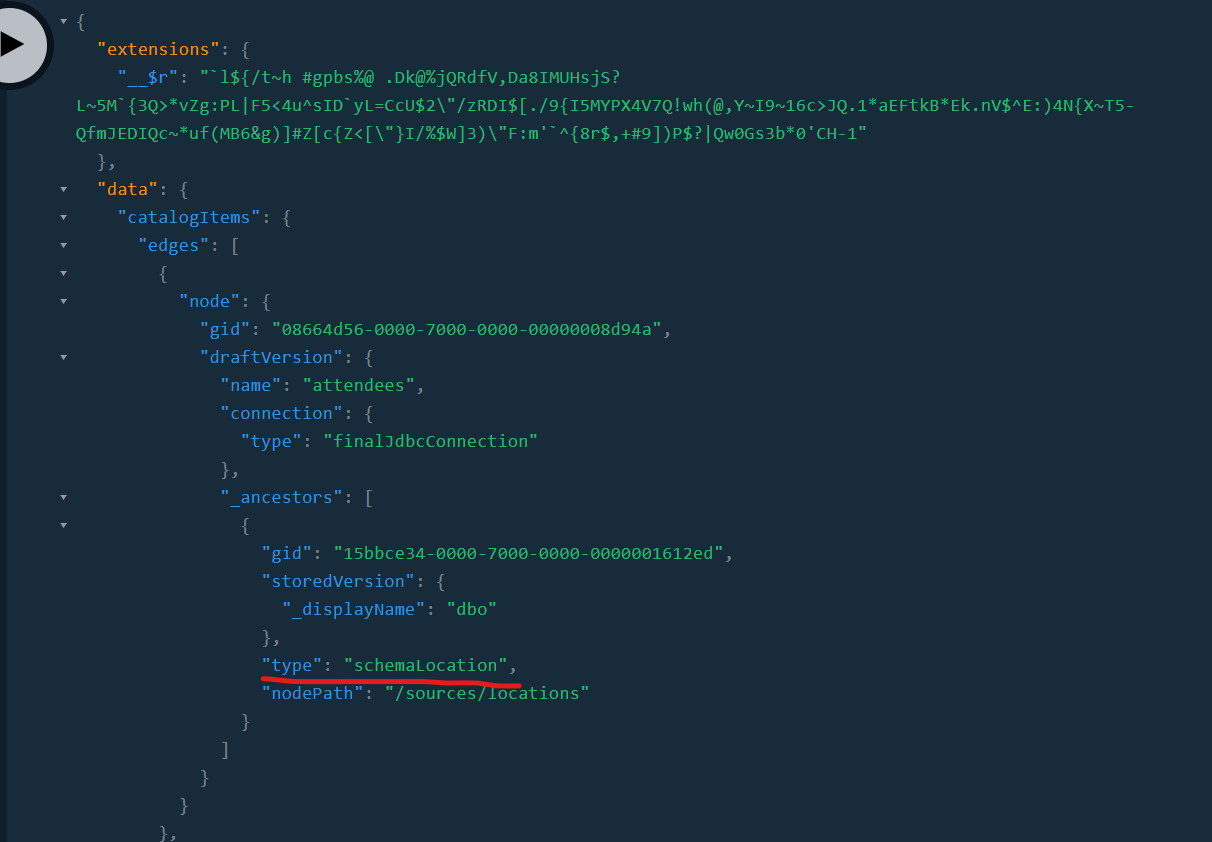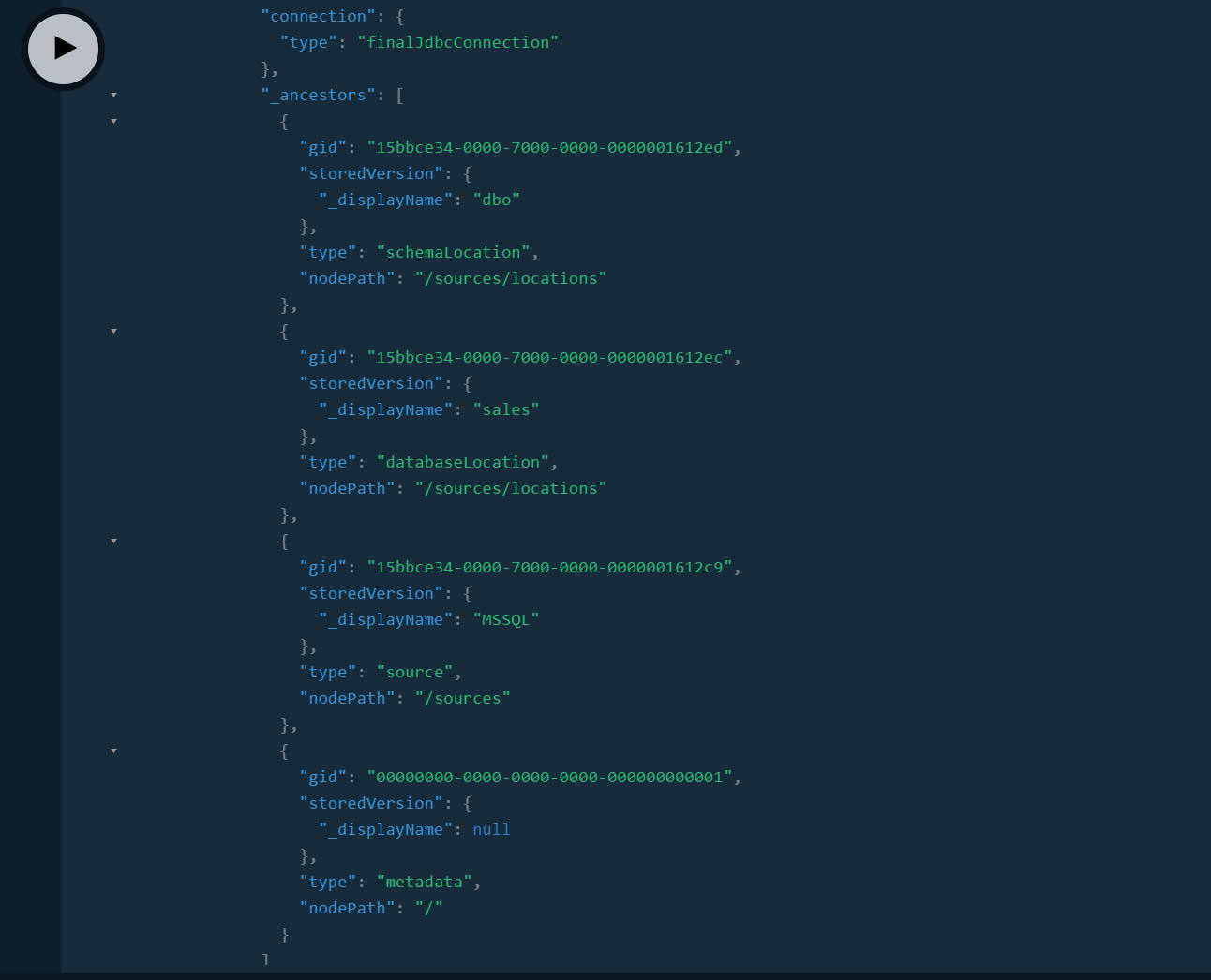Hi Community,
When defining a metadatareader you can add the parent ID in the output by specifying the Parent ID Column Name in the Columns tab. It is not always clear though to which entity this parent ID belongs (and browsing the model graph is often cumbersome).
Is there a way to identify the entity for a given GID value?
Thanks and kind regards,
Albert
Best answer by anna.spakova
View original






